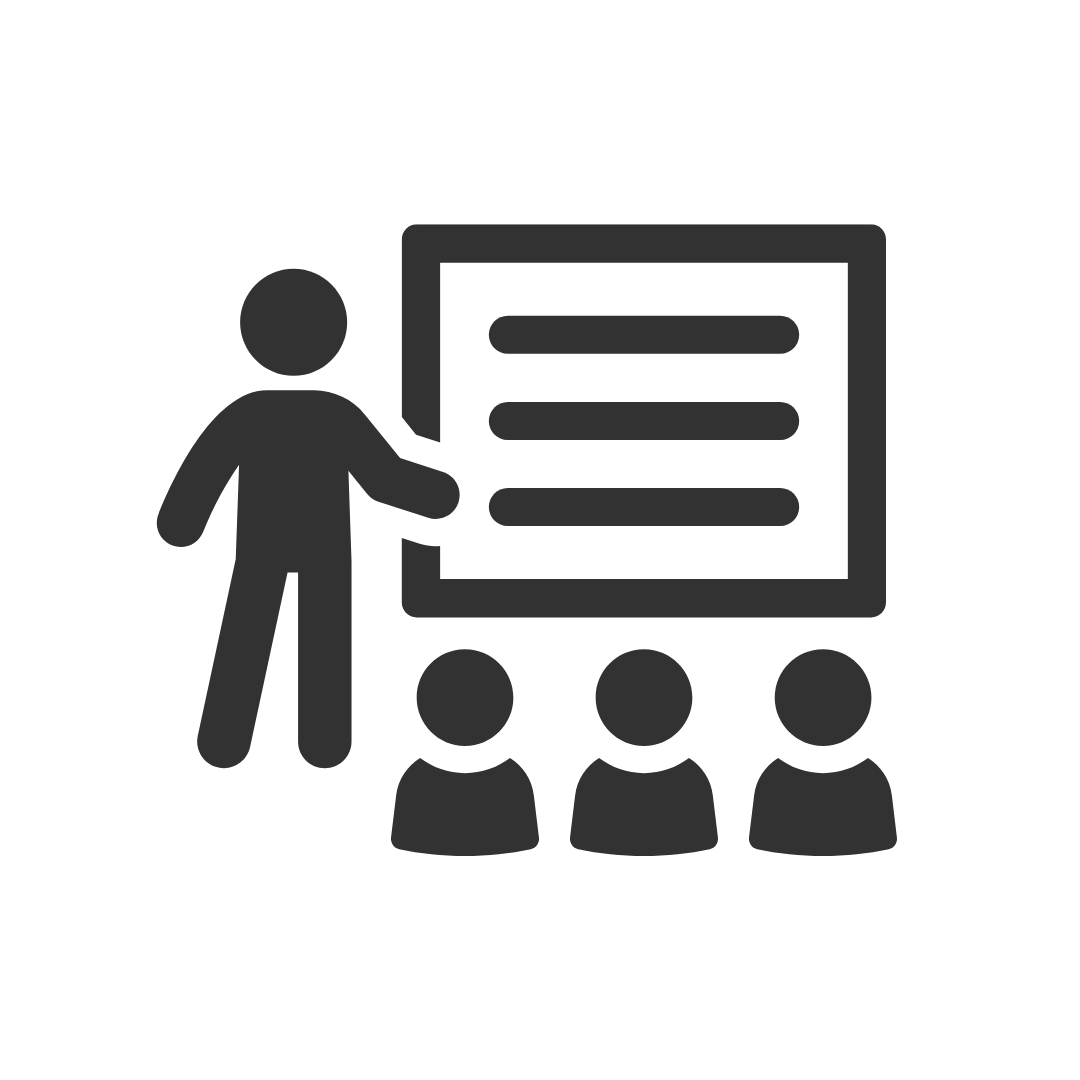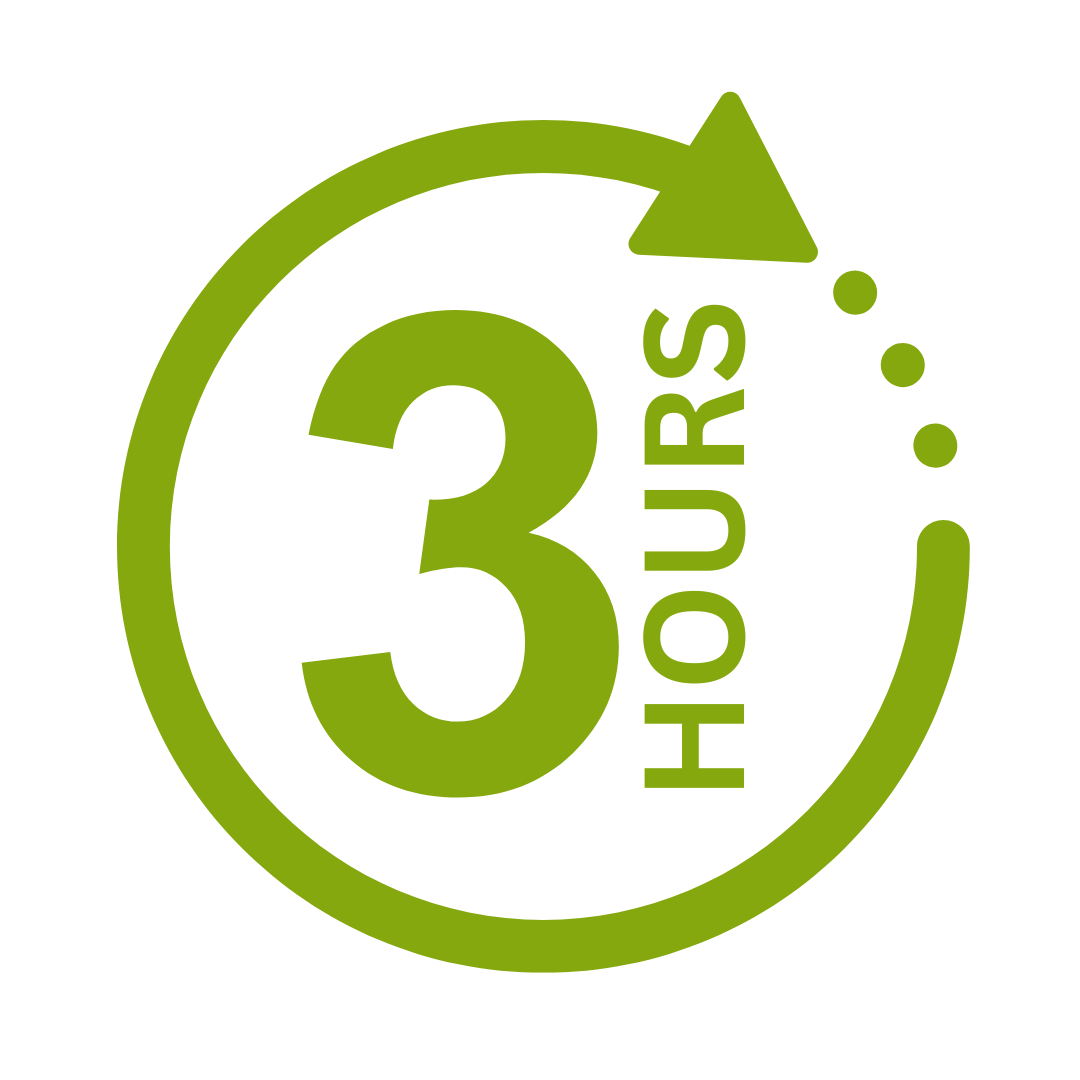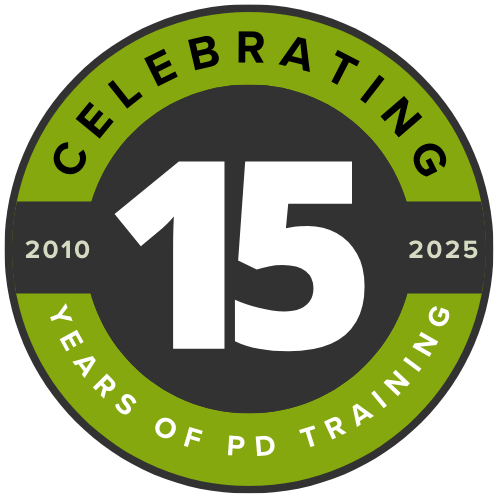This Building High Performance Teams Training course by PD Training provides managers with the knowledge, tools, techniques and other skills needed to build and manage high performance teams.
The topics covered by this training course include the following: identifying the different types of teams, stages of team development, open communication and other characteristics of great teams, mind mapping and other tools for creative thinking, steps in problem solving as a team, SWOT analysis and other team planning tools, building trust among team members and much more.
This comprehensive training course is available across the U.S., including Atlanta, Austin, Baltimore, Birmingham, Boston, Charlotte, Chicago, Dallas, Houston, Jackson, Los Angeles, Manhattan, Miami, New York, Orlando, Philadelphia, San Antonio and Seattle.
This training course in building high performance teams is the fastest way to gain a comprehensive understanding of all essential features of effective team building, and gain skills in using them expertly in building perfect teams.
After completing this course, participants will have learned to:



I found it very refreshing not to do another personality type course on leadership, but more about applying the leadership style to the staff member's developmental stage. Great delivery, lots of hands on and lots of involving staff. I got my staff to do stuff they don't like doing which was really good!

If you’re not happy with the outcomes from
the course we offer a money back guarantee

For every participant
valued at $199 each

No one left behind
with our 1/2 price re-run promise

12-months access to the unique REACH Future Proofing Personal Development Dashboard with personally curated learning to develop agility to adapt to different people tasks and situations.
Success as a manager heavily depends on how well a team operates and what kind of results it achieves. Is your team able to solve problems? Can they resolve conflict? Are they enthusiastic and motivated to do their best? Do they work well together?
This training course in building high performance teams provides managers help in developing their team leadership skills and unleash the talent of each individual team member.
After completing this course, participants will have learned to:
Topic 1
Course Overview
Topic 2
Team Player Types
Topic 3
Tuckman's Five Stages of Team Development
Topic 4
Creative Thinking
Topic 5
Characteristics of Great Teams (I)
Topic 6
Solving Problems
Topic 7
Characteristics of Great Teams (II)
Topic 8
Team Planning Tools
Topic 9
Characteristics of Great Teams (III)
Topic 10
Workshop Wrap Up

If you’re not happy with the outcomes from
the course we offer a money back guarantee

For every participant
valued at $199 each

No one left behind
with our 1/2 price re-run promise

12-months access to the unique REACH Future Proofing Personal Development Dashboard with personally curated learning to develop agility to adapt to different people tasks and situations.




We take care of all of the details, so you don’t have to:
At the completion of training participants are encouraged to create an action plan, and invite an accountability buddy via their Orgmenta App.
In your Training Management Centre you have transparency to the action plans so you can see what people are going to do differently.
Our systems and people make it easy to identify how you’ll be able to measure impacts and then report on the success in the weeks or months after training.


It’s surprisingly easy to make it so that your system can automatically be up to date with all the training record details you need.
The most important foundation for communication and building meaningful relationships is listening, develop your skills with this micro eLearning course.
Not exactly what you needed? Try other courses in the Team Building Courses Category

Supporting leaders and teams around the globe, we're proud to mark 15 years of growth, innovation, and success. Thank you for being part of the PD Training journey. The future is looking bright!